Ahead of presenting his new show, south Indian culinary ambassador Rakesh Raghunathan on health secrets from south Indian kitchens
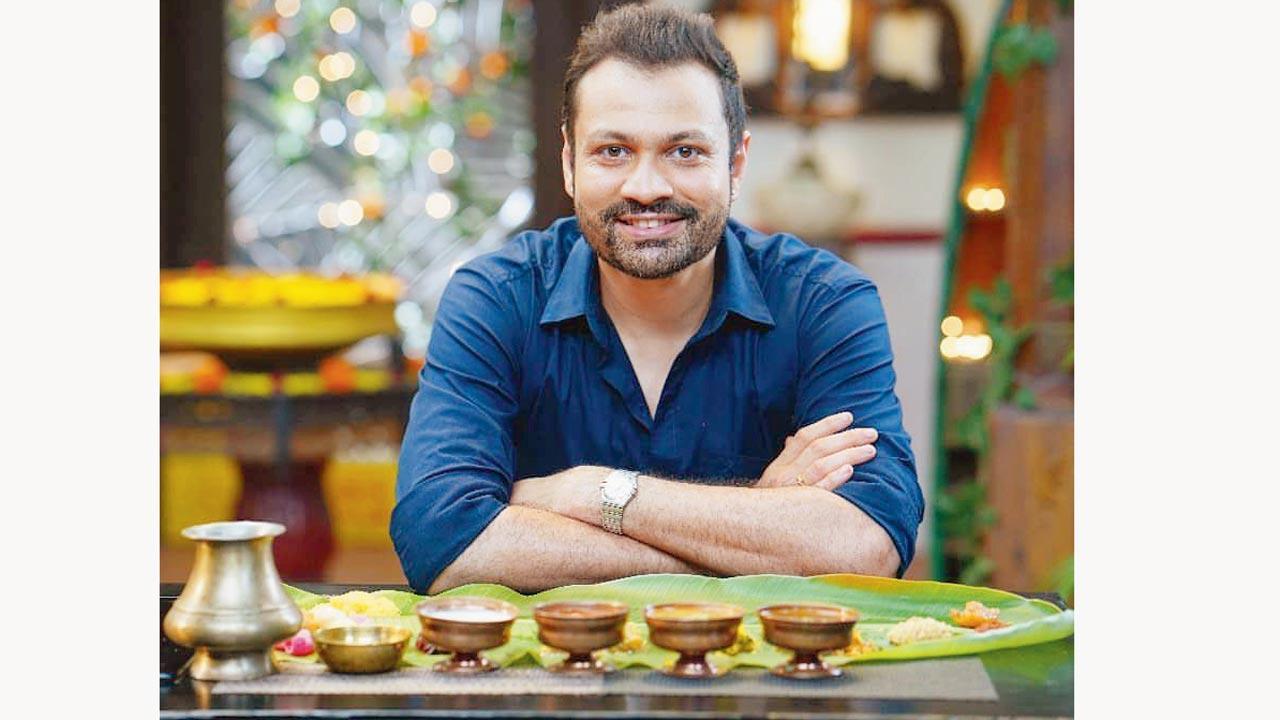
Rakesh Raghunathan. Pics/iStock, Instagram
South Indian culinary ambassador Rakesh Raghunathan is set on a new adventure with Highway Dreams, which showcases south India in a different light. “I have cooked and travelled [across the world] and documented recipes. But this time, the idea was to look at Tamil Nadu through a different lens — there’s discussion on food, but also on off-beat experiences. For example, while Rameshwaram is associated with temples, few know of the snorkeling [activities] there. Scientific concepts have been employed to establish the world’s largest moving radio telescope in Ooty. In Kodaikanal, [we] cooked in the middle of avocado farms,” says Raghunathan.
So familiar has his long-lasting romance with south Indian foods made him with their medicinal properties that Raghunathan is on an endeavour to break the stereotypes attached with them.
ADVERTISEMENT
In this conversation, he tells us how south Indians retain good health, through food.
Seasonal eating
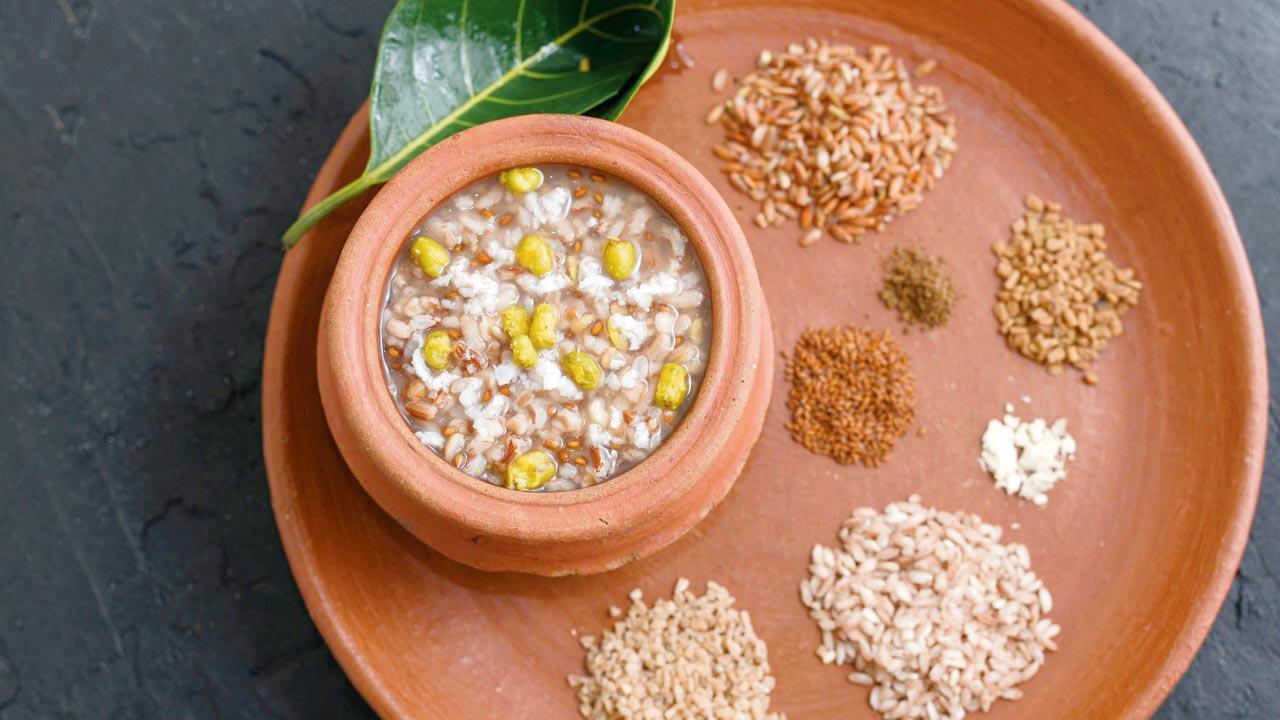
In Tamil Nadu, there is emphasis on eating certain things at certain times of the year, and avoiding them at other times. For example, in the summer, we avoid sesame oil, because it produces more heat. The festival of Ram Navmi occurs in peak summer, and our offerings comprise buttermilk, and a preparation of jaggery, water, ginger, and cardamom, both of which are cooling for the body. While this is of course a devotional offering, it is prepared, and eventually consumed by the people to fit the ongoing season, and create a cooling effect.
Regional eating
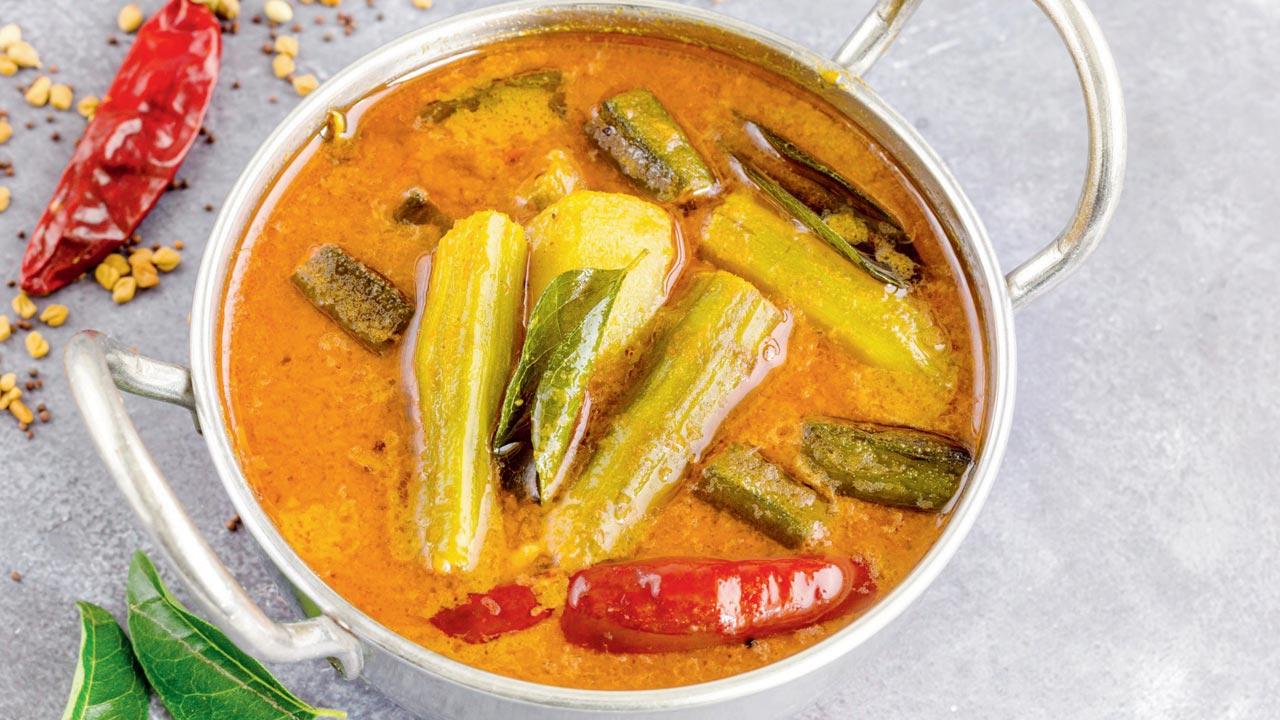
The concept of eating [regionally] has always existed, especially in south India. Take the example of sambhar. The recipe of the sambhar powder changes every 25 kilometres, depending on what grows in that region, the communities residing there, and the seasonal produce. This is also the story with the garam masala, and other foods.
In Kerala, people go into their yards and eat what is grown. It is literally, farm to table. This practice is more predominant in villages, because they make what is grown in their region. The micro-regional and hyper-local conversations are now gaining attention [across India].
Also Read: Living on the veg: A beginner's guide to veganuary
Going wild
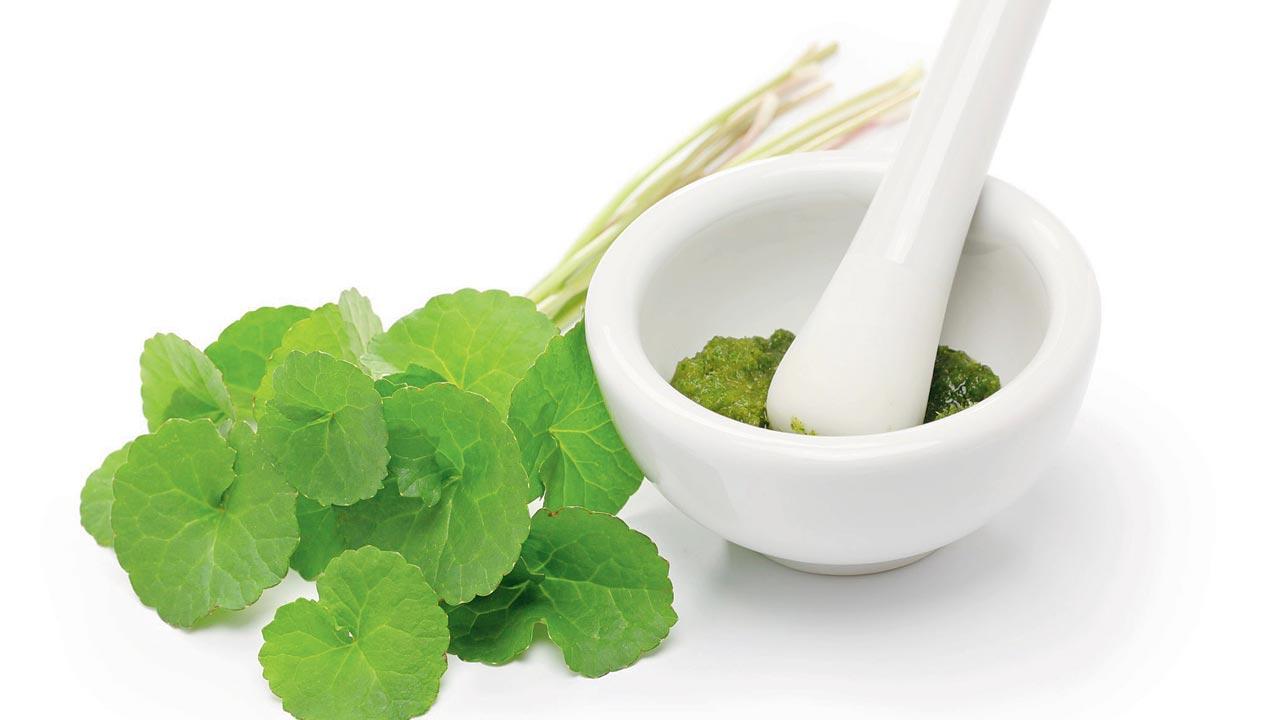
In south India, the belief that food is medicine, and medicine is food, is predominant. Common herbs that grow in the wild [are abundantly consumed]. Pennywort helps improve memory power, and is grown once in a week. The balloon vine plant resembles bones, and also grows in the wild. Its tender parts are fried in oil, and cooked, because it improves bone strength. Ajwain leaves boost immunity and fight cold.
Sun-dried berries are stored, fried in oil, powdered and mixed with rice, and consumed, because it cleanses the stomach. Neem flowers are sun-dried, and stored for a year. They are fried in ghee and used to make rasam. Neem has incredible medicinal properties.
We obsess over the latest additions in the market, like kiwi, but things in our backyard are also important.
Also Read: On World Vegan Day, Riteish and Genelia Deshmukh shed light on their plant based food journey
Leverage traditional knowledge
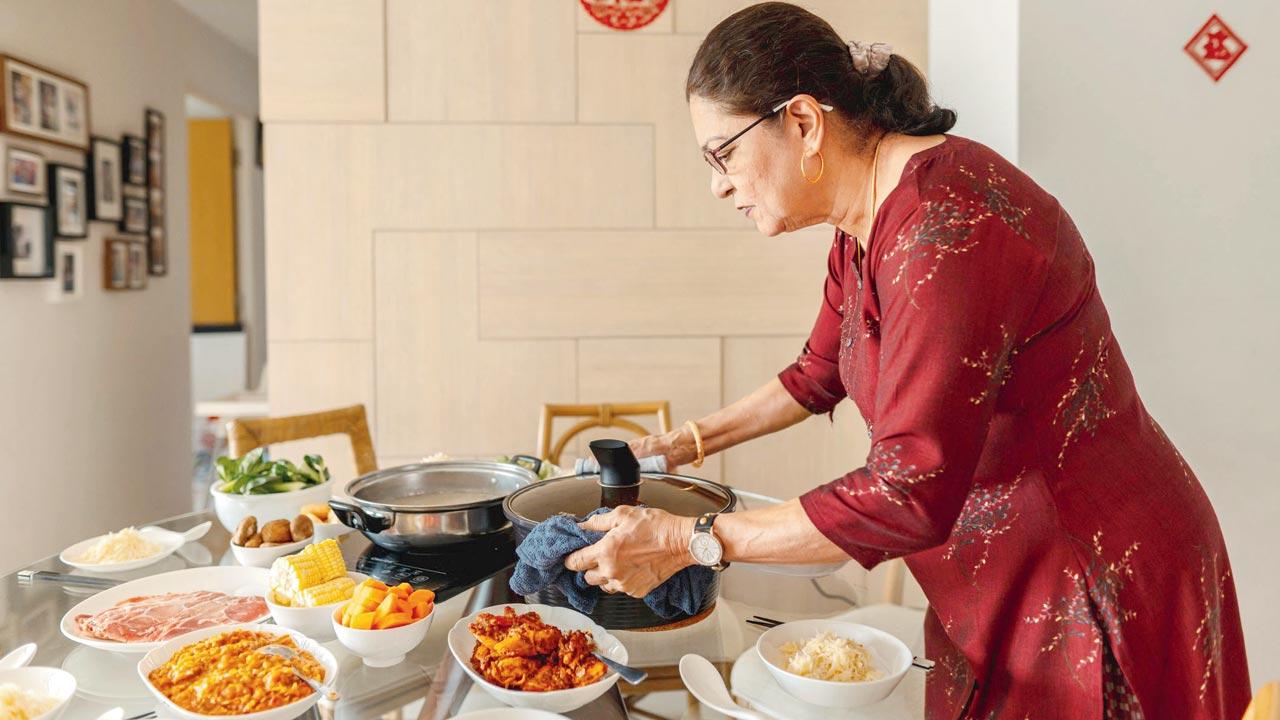
While growing up, I was interested in conversations around food that took place in the kitchen. When I moved to the USA, I realised that despite carrying the ingredients with me, I could not replicate the taste that I had at home. This has to do with the techniques used [by our elders]. There are cooking nuances and techniques that go beyond what is mentioned in cookbooks, which is whether you need one or two teaspoons of a food item. The [elders] in the family will influence the making of foods.
 Subscribe today by clicking the link and stay updated with the latest news!" Click here!
Subscribe today by clicking the link and stay updated with the latest news!" Click here!








